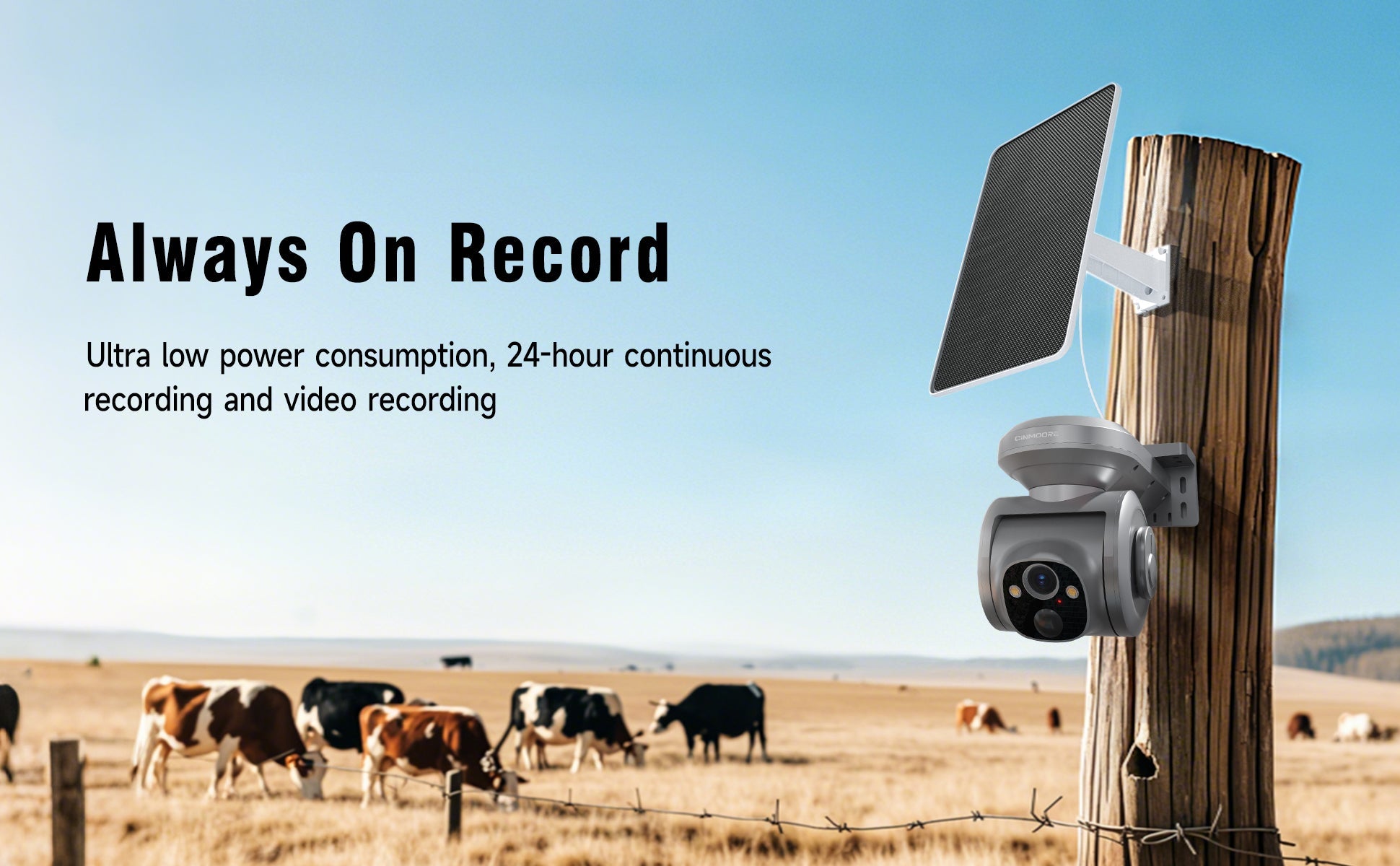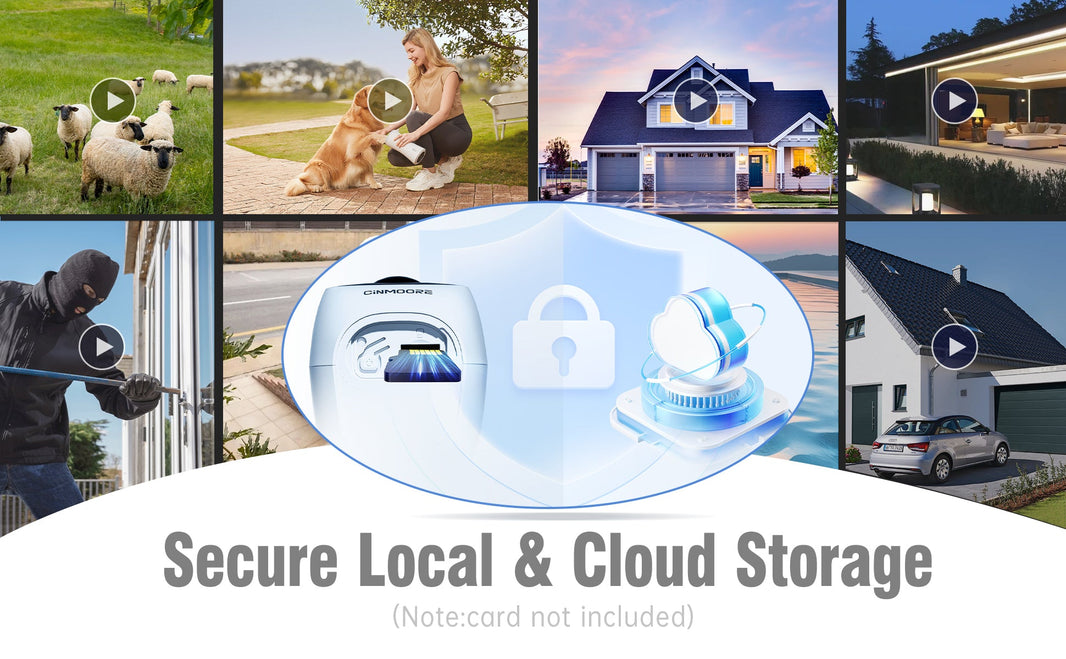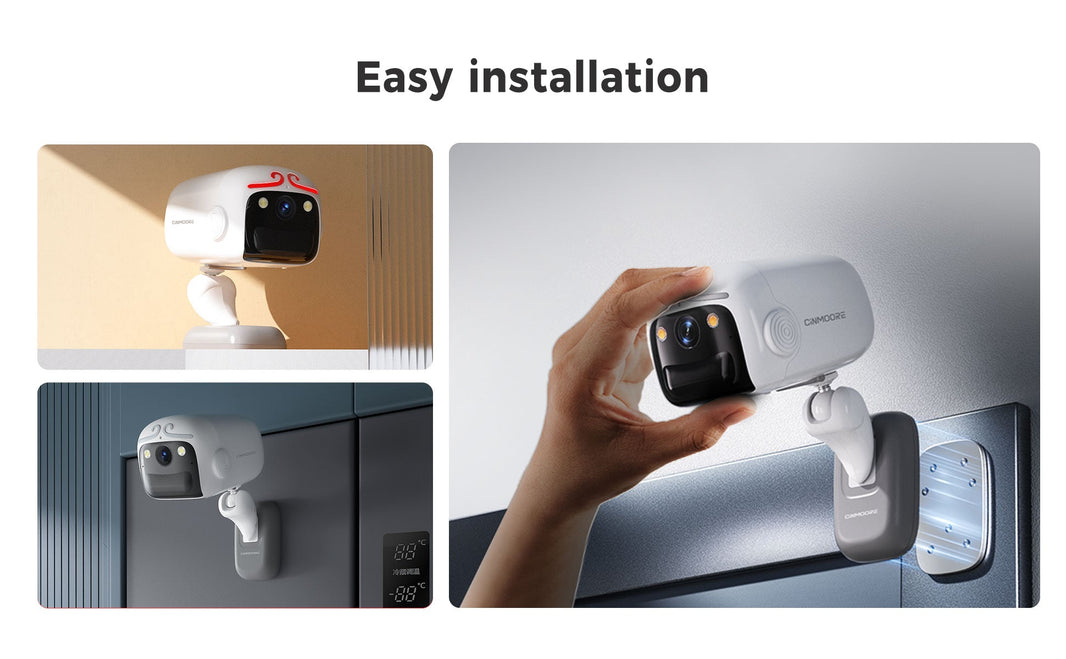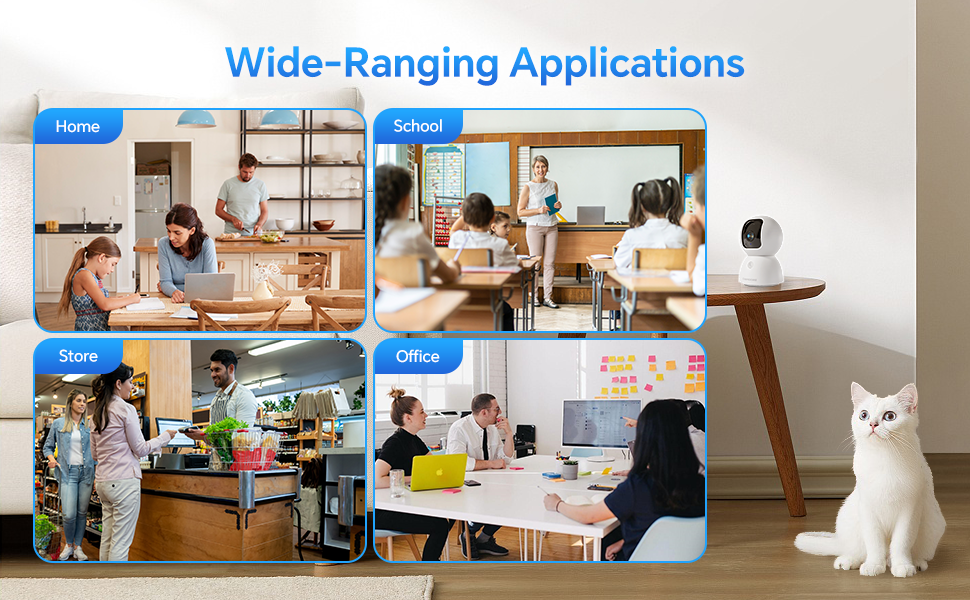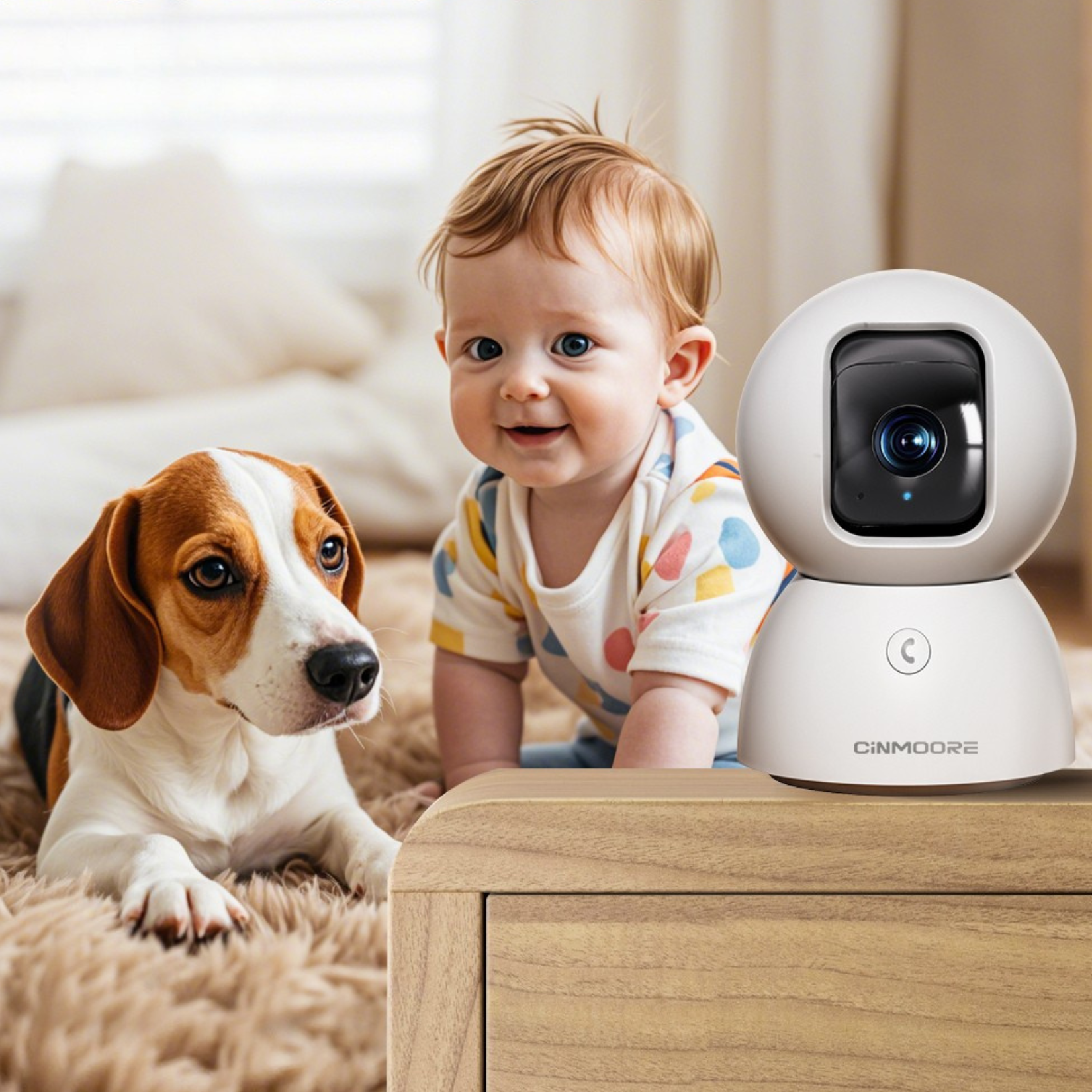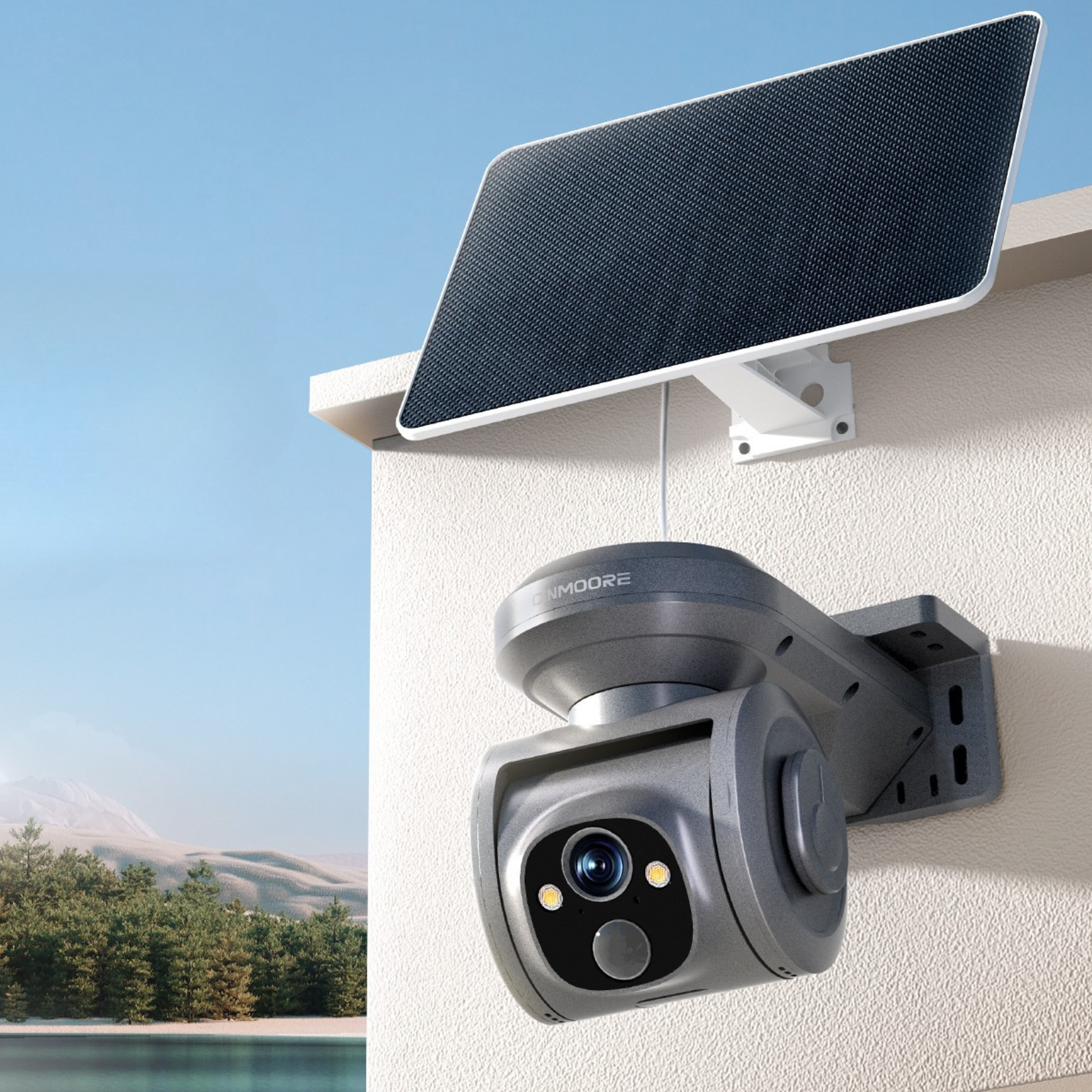Keywords: Home security camera, smart security camera, indoor camera, outdoor camera, security camera features, choosing a security camera
Are you thinking about boosting your home's security, but feeling overwhelmed by the sheer number of security cameras on the market? You're not alone! With so many options, from basic indoor monitors to sophisticated outdoor systems, finding the "best" one can be a challenge. But don't worry, this guide is here to simplify the process and help you choose the perfect home security camera for your specific needs.
1. Indoor vs. Outdoor: Where Do You Need Coverage?
This is your first major decision.
- Indoor Cameras: Ideal for monitoring pets, checking in on kids, or keeping an eye on your home while you're away. They often feature two-way audio, motion detection, and sometimes even facial recognition.
- Outdoor Cameras: Built to withstand the elements, these cameras provide crucial surveillance for your property's perimeter. Look for features like weather resistance (IP ratings), night vision, and wide-angle lenses. Some even have spotlights or sirens for deterrence.
2. Wired vs. Wireless: Installation & Power
- Wireless Cameras: Offer incredible flexibility in placement, as they don't require an Ethernet cable. They typically run on batteries (which need recharging or replacement) or can be plugged into an outlet. Setup is usually quick and easy.
- Wired Cameras: Provide a more stable and reliable connection, as they draw power and transmit data via a cable. This is often preferred for continuous recording and critical areas. Installation can be more involved but offers peace of mind.
3. Key Features to Look For:
- Resolution (HD, Full HD, 4K): Higher resolution means clearer images and more detail. For most home security, 1080p (Full HD) is a good balance of quality and file size.
- Night Vision: Essential for monitoring in low light or complete darkness. Infrared (IR) night vision is common, but some cameras offer color night vision for better detail.
- Motion Detection & Alerts: The core of any security camera. Look for customizable detection zones and instant alerts to your phone.
- Two-Way Audio: Allows you to listen in and speak through the camera, useful for communicating with family or deterring intruders.
-
Local vs. Cloud Storage:
- Local Storage: Often via an SD card, offers privacy and no recurring fees.
- Cloud Storage: Provides off-site backup and accessibility from anywhere, but usually requires a subscription.
- Smart Home Integration: If you have a smart home ecosystem (e.g., Alexa, Google Home), ensure your camera is compatible for seamless control.
- Privacy Features: Look for options like privacy modes or physical lens covers to ensure your private moments remain private.
4. Budget Considerations:
Security cameras range widely in price. Determine your budget upfront, but remember that investing in a reliable camera can save you money and headaches in the long run. Factor in potential subscription fees for cloud storage or advanced features.
By considering these factors, you'll be well-equipped to choose a home security camera that not only fits your needs but also provides the peace of mind you deserve. Happy monitoring!

